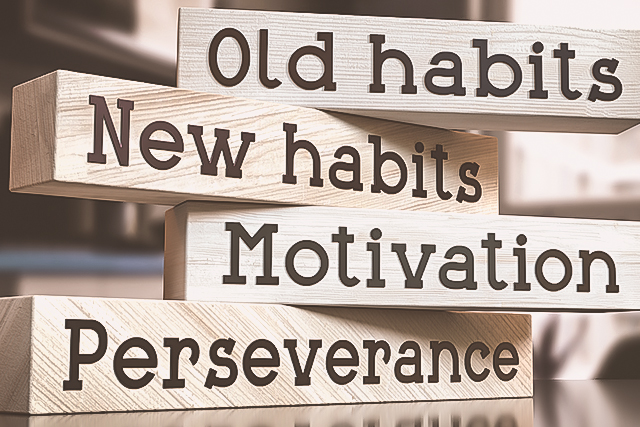Here are 5 habits of successful DV survivors, that can increase your safety, and separate yourself from destructive partners (or other unhealthy relationships).
WRITTEN BY: MOTHER JUSTICE
You’ve done it! The road has been long and difficult, and you’re not really sure where you are in your journey, but you have committed to seeking safety from your abusive partner. You may still have lots of conflicted feelings about this, as you may still care deeply for them. That’s OK. But you’ve also been beaten down, emotionally or physically, for too long, and you’re ready to make changes.
1. We educate ourselves and our children. Learn the Signs to Look for in an Abusive Personality. Learn language to describe your specific experiences as a survivor (ie — “strangled” instead of “choked”). Read books that will help you clarify your partner’s behaviors, and will validate your feelings about them. Teach children the proper names of their body parts, and the difference between GOOD, BAD, and SECRET touch. Learn the resources and programs that are available to you for help, and learn how to access them.
2. We identify our unhealthy coping skills, and develop better, healthy ones. Survival takes a huge emotional toll, and along the way we often adopt harmful habits to make our lives bearable. Using alcohol or drugs to self-medicate against the pain of abuse is very common. So is starving (or eating) our emotions. Sometimes in leaving a relationship where we had no control, we become hyper-controlling in other areas of our life (OCD-symptomatic, or perfectionist). Some victims learn to be avoidant, deceptive or combative, in the hopes of delaying or allaying their partners’ abuse. None of this reflects on who the victim IS, only the chaos and horror s/he has lived through.
It becomes critical to building future healthy relationships that we shed those survival functions that kept us alive or helped us avoid our partner’s retaliation. There is much about self-care out on the internet, focusing on healthy ways to take charge of our wellbeing. Instead of self-medicating through substances, run or walk your stresses away. Keep a journal, or use the power of creative arts to order your thoughts. Engage in forms of martial arts or self defense to foster body control. Some have success with counseling (be sure that your counselor is domestic violence literate and trauma-informed).
3. We set healthy boundaries. Our boundary-building skills have been injured, often since our childhood (ever have that relative you were forced to hug or kiss, even though you didn’t want to?). Not anymore. We learn to say, “No!” and mean it, without explanation. We stop apologizing for our existence. We learn the skills necessary to take agency of our lives back, including decision-making.
Before we engage in relationship again, we have carefully reflected on all kinds of relationship issues, and we know where we stand. We can define our:
- “Deal-breakers”: those issues that will end the relationship immediately (examples include physical or sexual assault, or failure to reach agreement on finances);
- “Negotiables”: those issues on which you have a strong opinion, but you’re willing to negotiate terms; and
- “Freebies”: those issues that you have no strong opinion on, and are willing to defer to your partner.
4. We connect to community. Studies show that survivors who connect with their local domestic violence crisis centers have far fewer fatalities than those who don’t. Connect with yours, as soon as possible. Remember those family and friends from which your partner isolated you? Find a way to bring them back into your life. (Social media can play an important role in that, as long as you take steps to secure your privacy to avoid online confrontations with or stalking from your partner.) Faith communities and civic clubs (Scouts, sports leagues, etc.) are great places to bring yourself and children for fellowship, food and fun. Building a caring community around you can help meet the challenges of a one-parent home.
5. We commit to gaining and maintaining financial stability, separate from any partner. To be clear, people who abuse their partners, and isolate them from meaningful income, should absolutely have to pay alimony and/or child support. Sadly, the reality is that–even when court-ordered–they rarely do. Budget and live your life as if you will never see another dime from your partner; when they do pay, you will have additional funds available for your children.
But more than that, do whatever humanly and ethically possible to get yourself and children to a place of financial stability, and then never surrender it. If you get into a new relationship, maintain your own assets and bank accounts, and be sure to negotiate “mine, yours and ours.” Be resolved to never again submit your financial future or well-being to the ups-and-downs of another person’s feelings. The heartache you save will be your own.
Of course, this is not an all-inclusive list. But it’s a start. Commit to yourself and your children today that you will build a solid foundation for safety and well-being. You can start by taking these steps. You (and they) are worth it!
Original Content Copyright © 2017 | The Mother Justice Network | All Rights Reserved





0 Comments